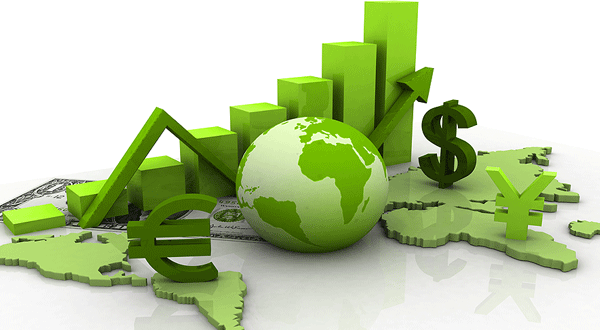Khobar- Qatar sent invitations for a meeting to be held in April 17 for oil producing countries, as well as to other big producers, that will take place in Doha.
“The goal of the meeting of oil producing countries is to fix production at the rate of January in order to limit growth of global reserves”, the agency quotes the information of the ministry.
At the Doha meeting held on February 16, Russia, Saudi Arabia, Qatar and Venezuela agreed to maintain production of oil in 2016 at the rate of January, but only if other producers join in this initiative.
Algeria, Nigeria, Oman, Kuwait, UAE and Ecuador are among countries which expressed such will. Iran and Iraq are just talking about support of measures for improvement of the situation at the oil market.
Libya does not plan to attend the April 17 meeting of oil producers about freezing supply to support prices, a Libyan OPEC delegate said on Tuesday, joining fellow OPEC member Iran in snubbing the initiative.
Iran has yet to say whether it will attend the meeting. But Iranian officials have made clear Tehran will not freeze output as it wants to raise exports following the lifting of Western sanctions in January.
OPEC member Nigeria expects oil producers to agree a supply freeze at a meeting in Doha next month which should stabilize crude prices even if Iran does not join, its petroleum minister said on Wednesday.
“I expect that we will reach a conclusion on stabilization, stabilize current production as of January,” Emmanuel Ibe Kachikwu told Reuters in an interview in Abuja.
Kachikwu said Iran’s impact was limited anyway as the country would take time to ramp up production.
“We are likely to see Iran not signing on,” he said. “But we have all decided that if they don’t we will proceed because we do not believe that currently their entry into the market will create too much of a threat for the next year,” he said.
“So basically price stability is our expectation,” he said, referring to the impact of a Doha deal.
Nigeria, which is the top oil producer in Africa, has been at the front of pushing for a production freeze as a slump in oil prices has whacked its public finances and sparked the worst economic crisis for decades.
Kachikwu said Nigeria’s current oil output was 2.2 million barrels a day and he planned to boost it to 2.5 million barrels but this would not add to the global crude supply glut.
“Whatever the extra, it will not be in the market but go for our refining,” he said.
The West African nation has been trying to kick start production at its four outdated refineries due to limited fuel imports and to end widespread petrol shortages.

